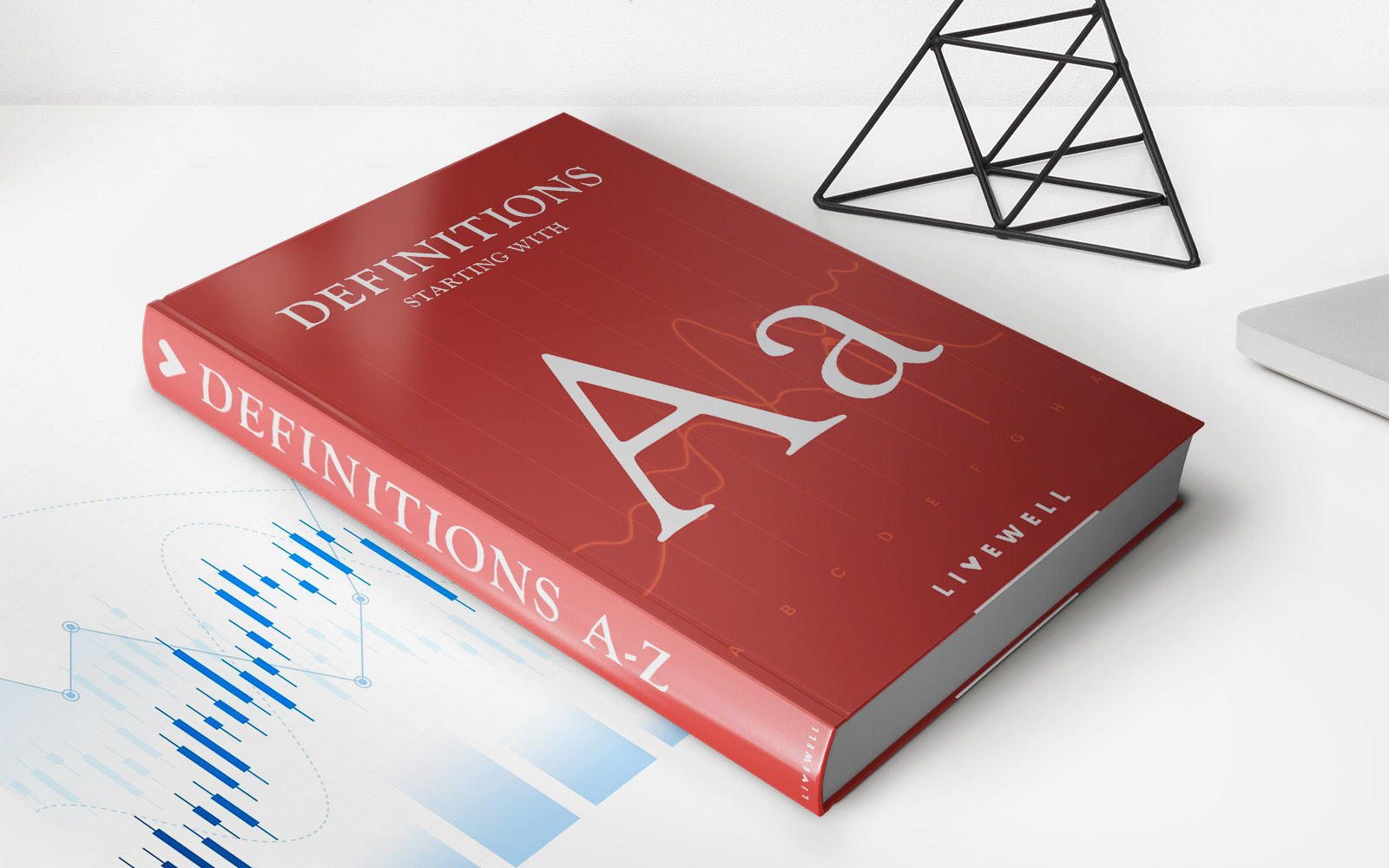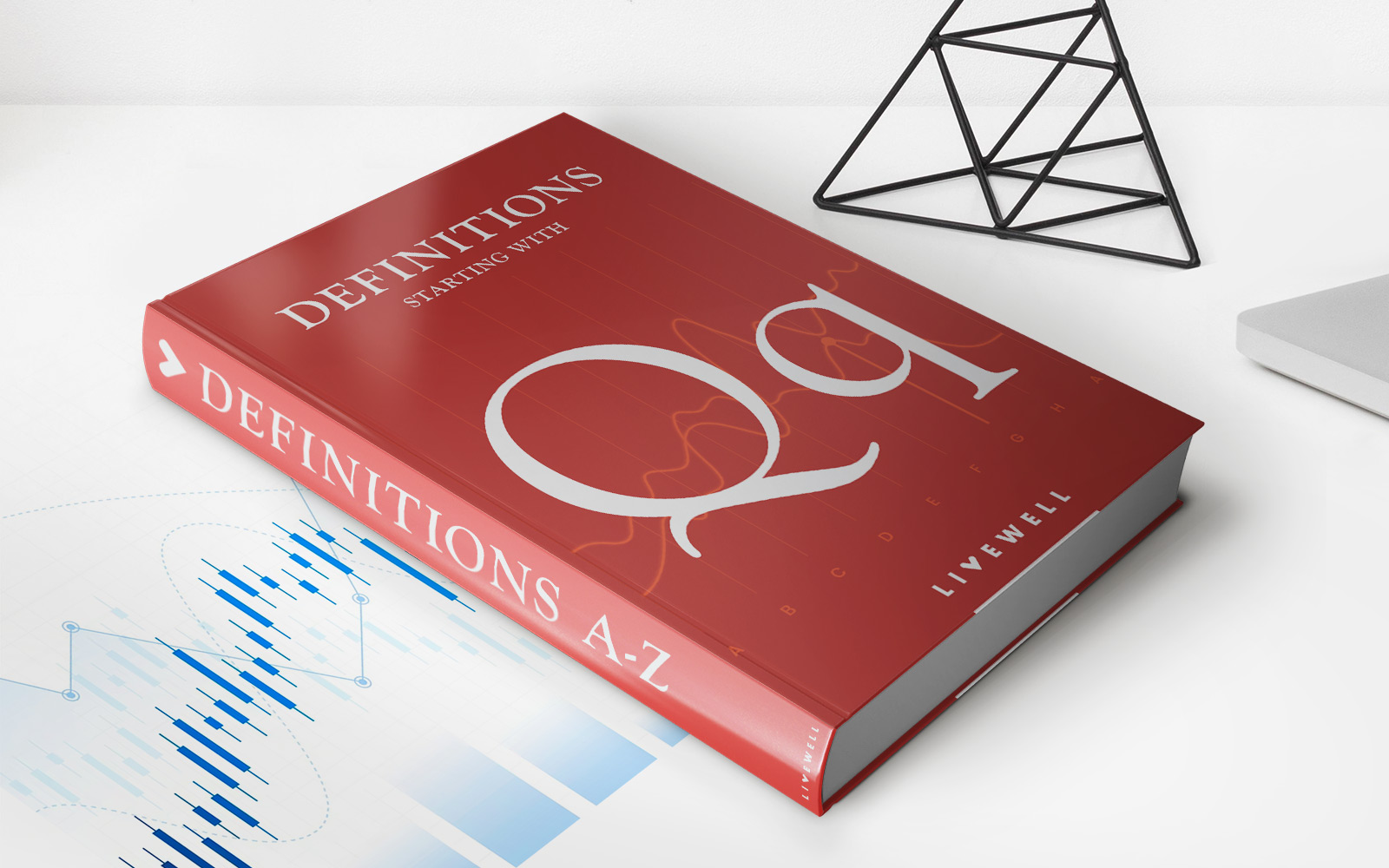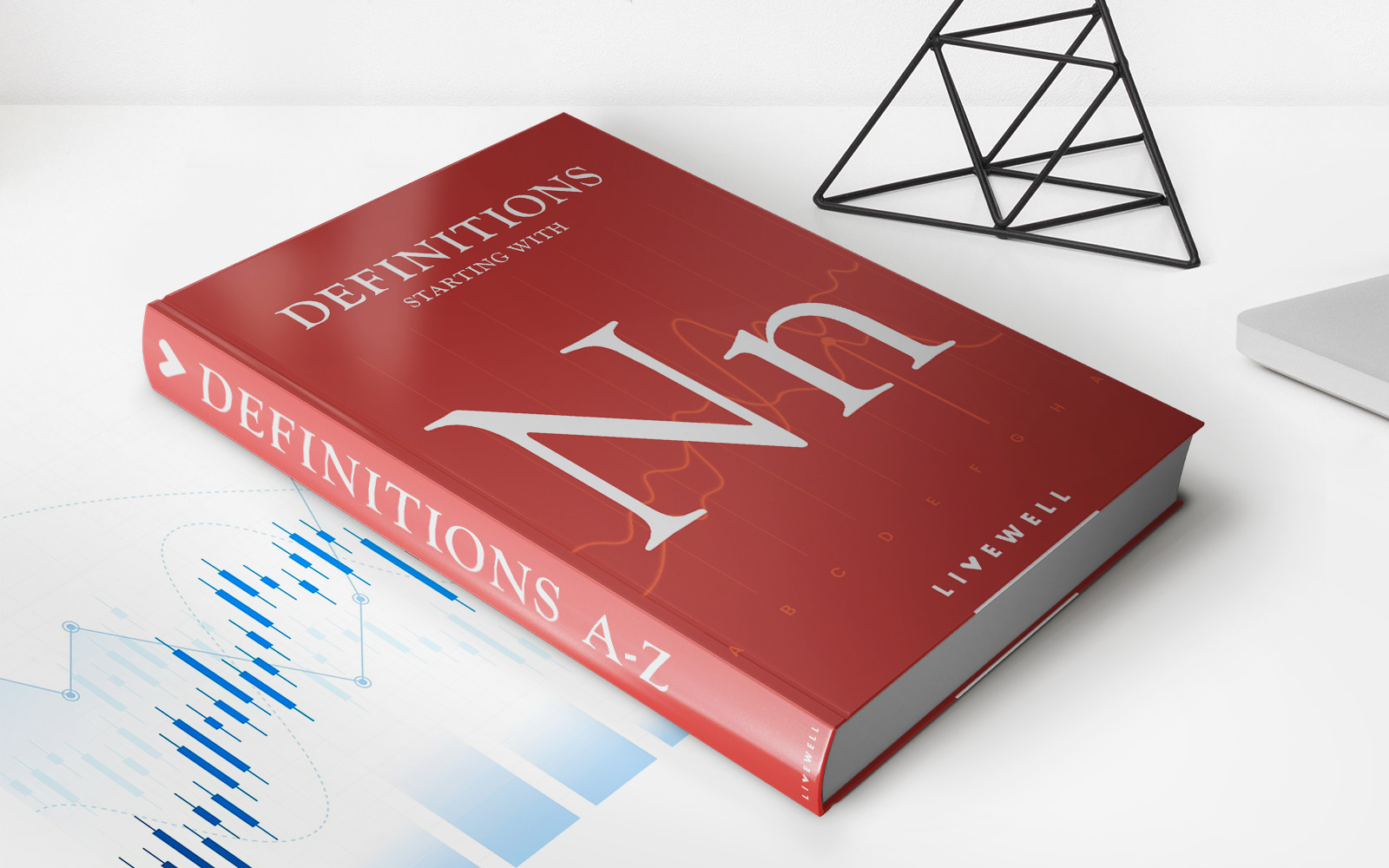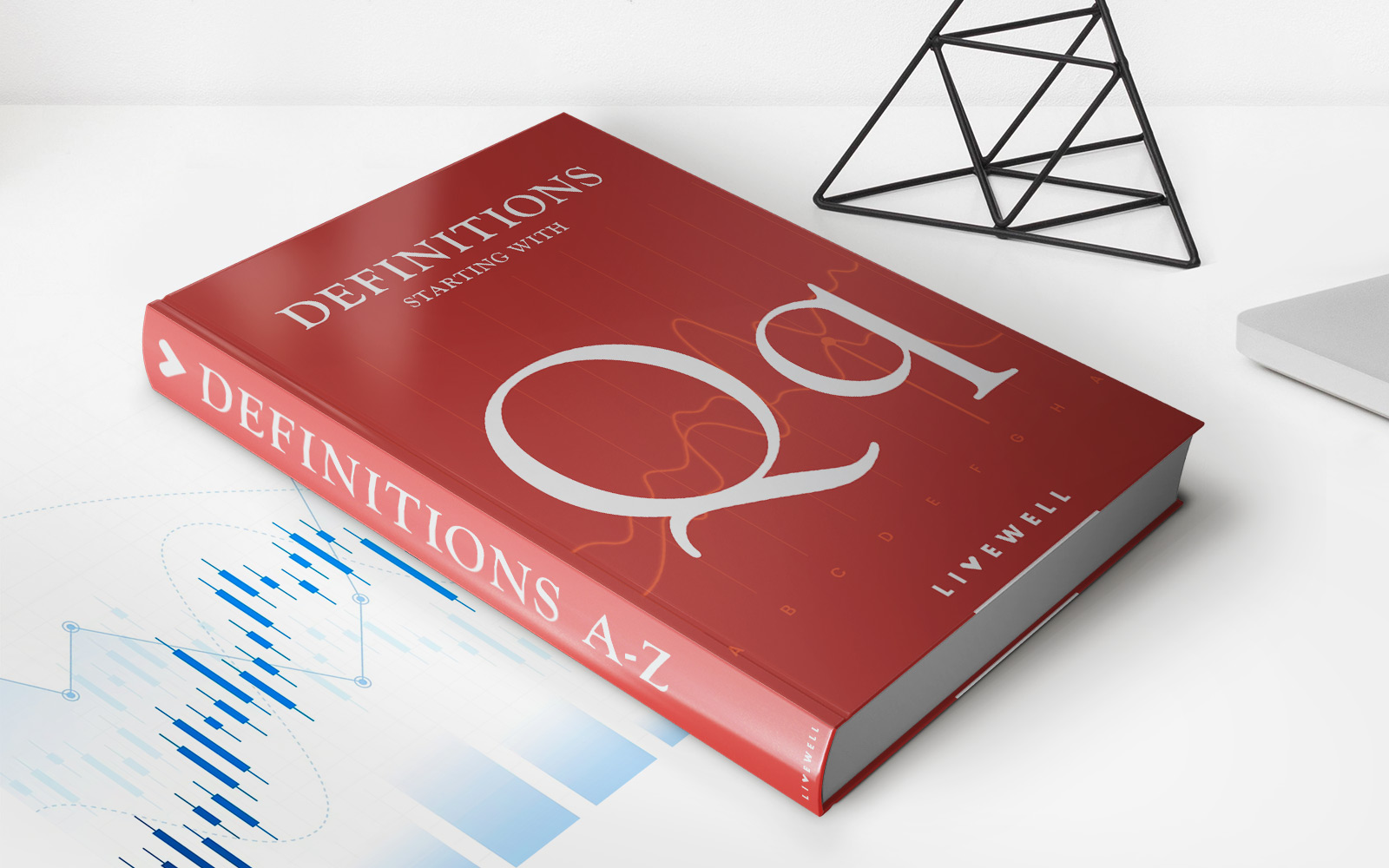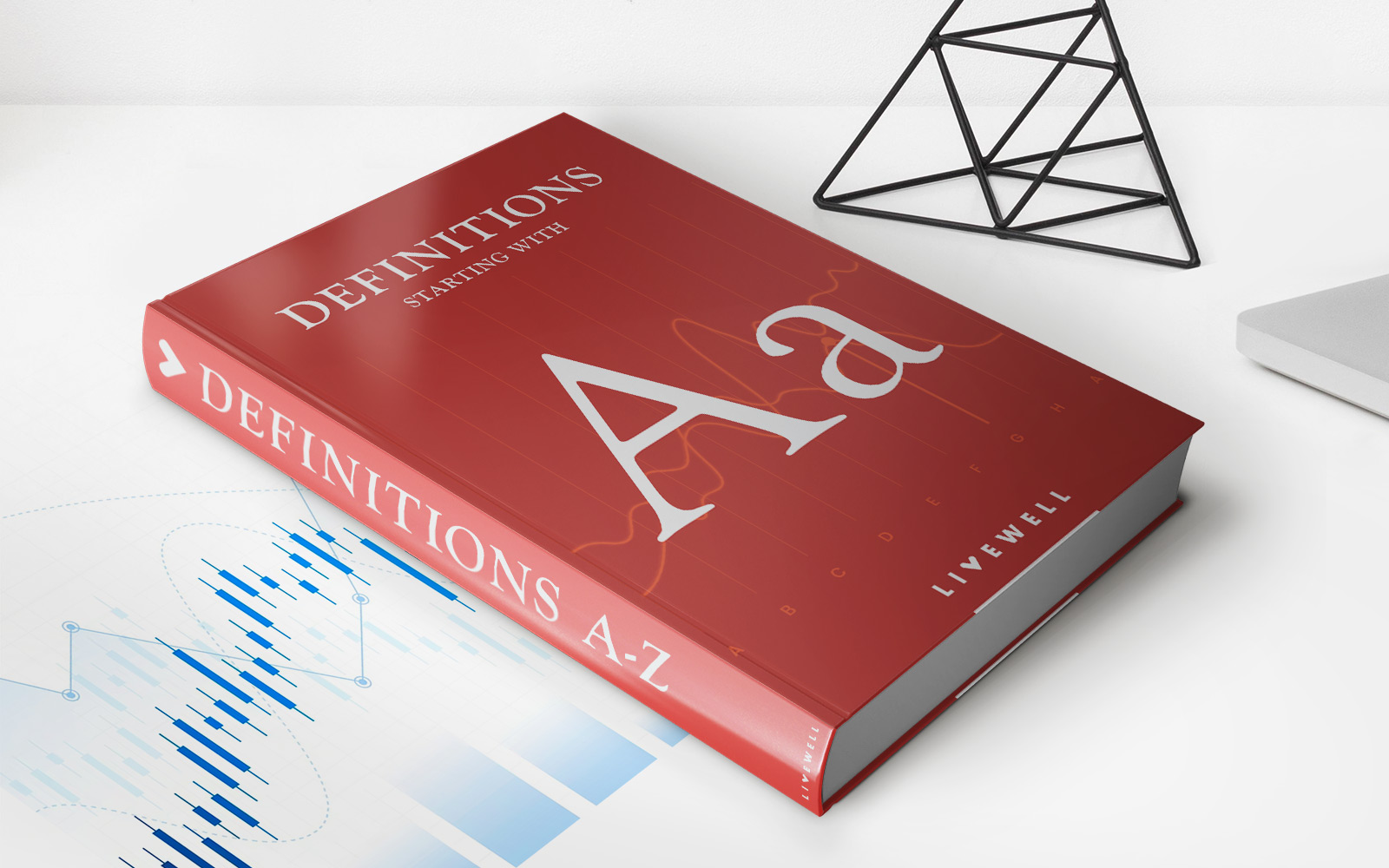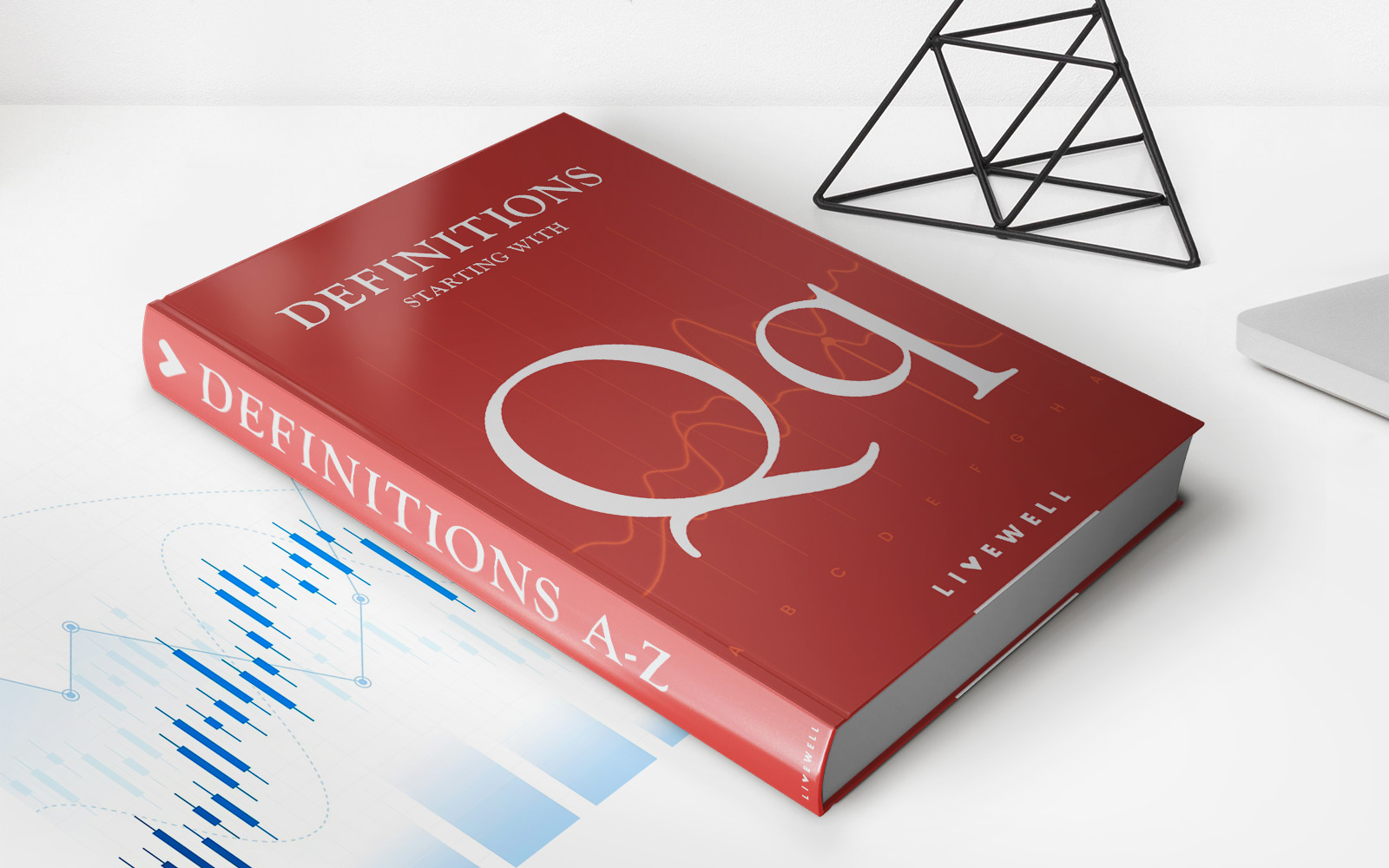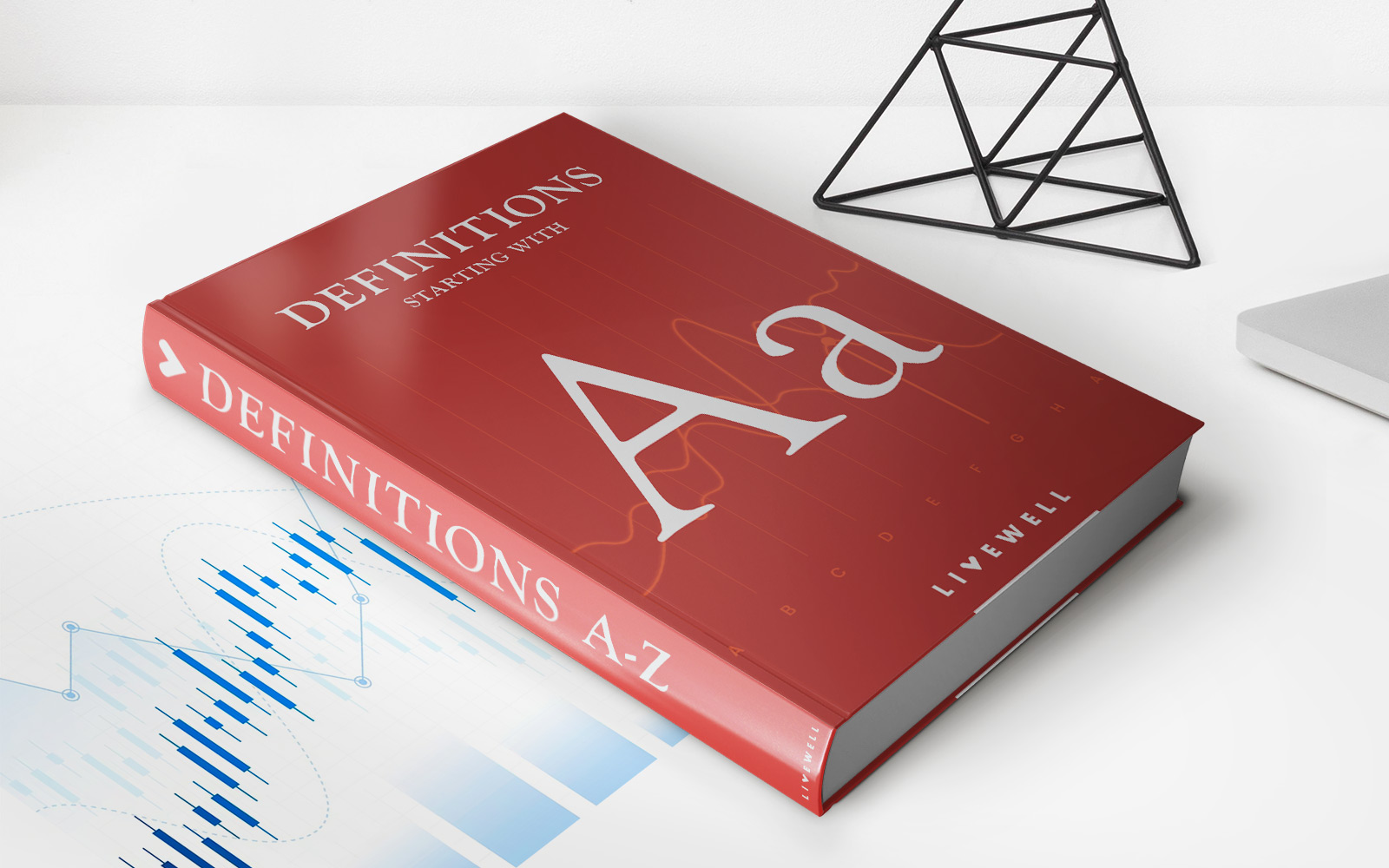
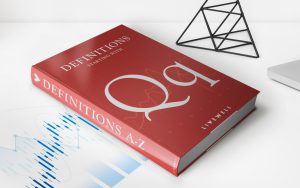
Finance
Qualified Appraisal Definition
Published: January 14, 2024
Get a clear understanding of the qualified appraisal definition in finance. Find out how it impacts valuation and financial reporting.
(Many of the links in this article redirect to a specific reviewed product. Your purchase of these products through affiliate links helps to generate commission for LiveWell, at no extra cost. Learn more)
The Importance of Understanding the Definition of Qualified Appraisal in Finance
Welcome to the Finance category of our blog! In today’s post, we are going to explore the definition of Qualified Appraisal and its significance in the world of finance. Whether you are a business owner, an investor, or simply interested in financial matters, understanding this term is crucial to ensure sound decision-making. So, let’s dive right in!
Key Takeaways:
- A Qualified Appraisal is an official assessment of the value of an asset, often conducted by a certified appraiser.
- It plays a vital role in various financial activities, including tax reporting, insurance claims, estate planning, and investments.
So, what exactly is a Qualified Appraisal? In simple terms, it refers to an assessment performed by a qualified professional to determine the fair market value of an asset or property. This could include real estate, artwork, antiques, precious metals, business interests, and more. The appraisal is conducted based on specific guidelines and standards set by the relevant regulatory authorities.
Now, you might wonder why understanding the definition of Qualified Appraisal is so important in finance. Here are a few reasons:
- Accurate Financial Reporting: Whether you are a business owner or an investor, correctly valuing your assets and properties is crucial for financial reporting purposes. A Qualified Appraisal ensures that the value assigned to these assets is fair and accurate, providing a reliable foundation for decision-making.
- Tax Compliance: The IRS often requires Qualified Appraisals for tax-related purposes, especially when dealing with complex assets or significant donations. By obtaining a qualified appraisal, you can properly report the value of your assets and potentially benefit from tax deductions and incentives.
- Insurance Claims: In the unfortunate event of damage or loss to a valuable asset, a Qualified Appraisal serves as documentation of its value. This is essential when filing an insurance claim and enables you to receive appropriate compensation so that you can recover from the loss.
- Estate Planning: When it comes to passing on your assets to future generations, a Qualified Appraisal helps in determining their value. This is crucial for developing a well-structured estate plan, ensuring your assets are distributed according to your wishes and minimizing potential conflicts or disputes among beneficiaries.
- Investments: Investors often rely on Qualified Appraisals when evaluating potential investment opportunities. It helps them understand the fair market value of an asset and make informed decisions that align with their investment objectives and risk tolerance.
In conclusion, having a clear understanding of the definition of Qualified Appraisal is essential in various financial contexts. It ensures accurate financial reporting, compliance with tax regulations, protection through insurance claims, proper estate planning, and informed investment decisions. Now that you know the significance of this term, you can confidently navigate the complexities of finance and make smarter choices for your financial well-being. Stay tuned for more insightful posts in our Finance category!


